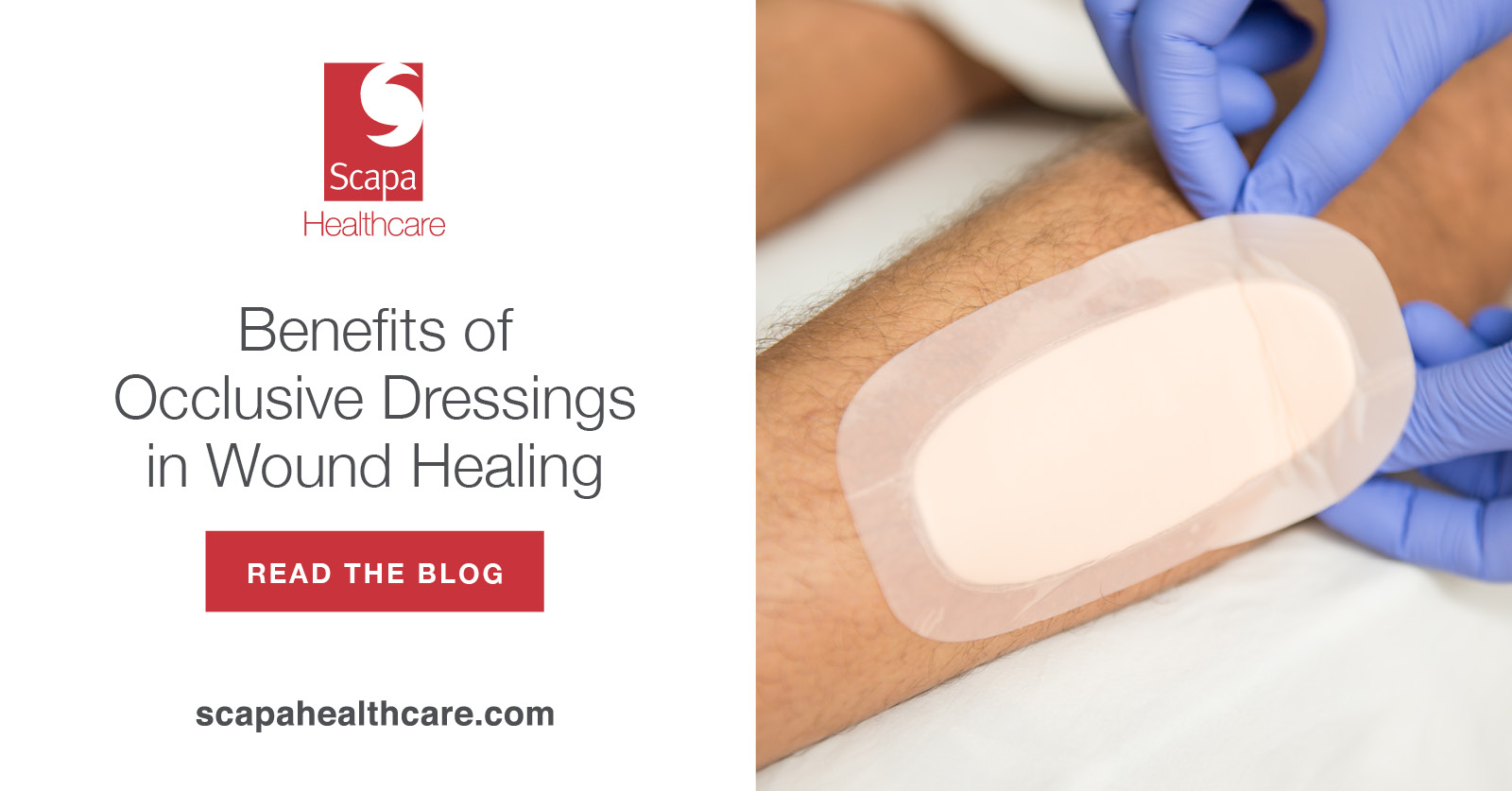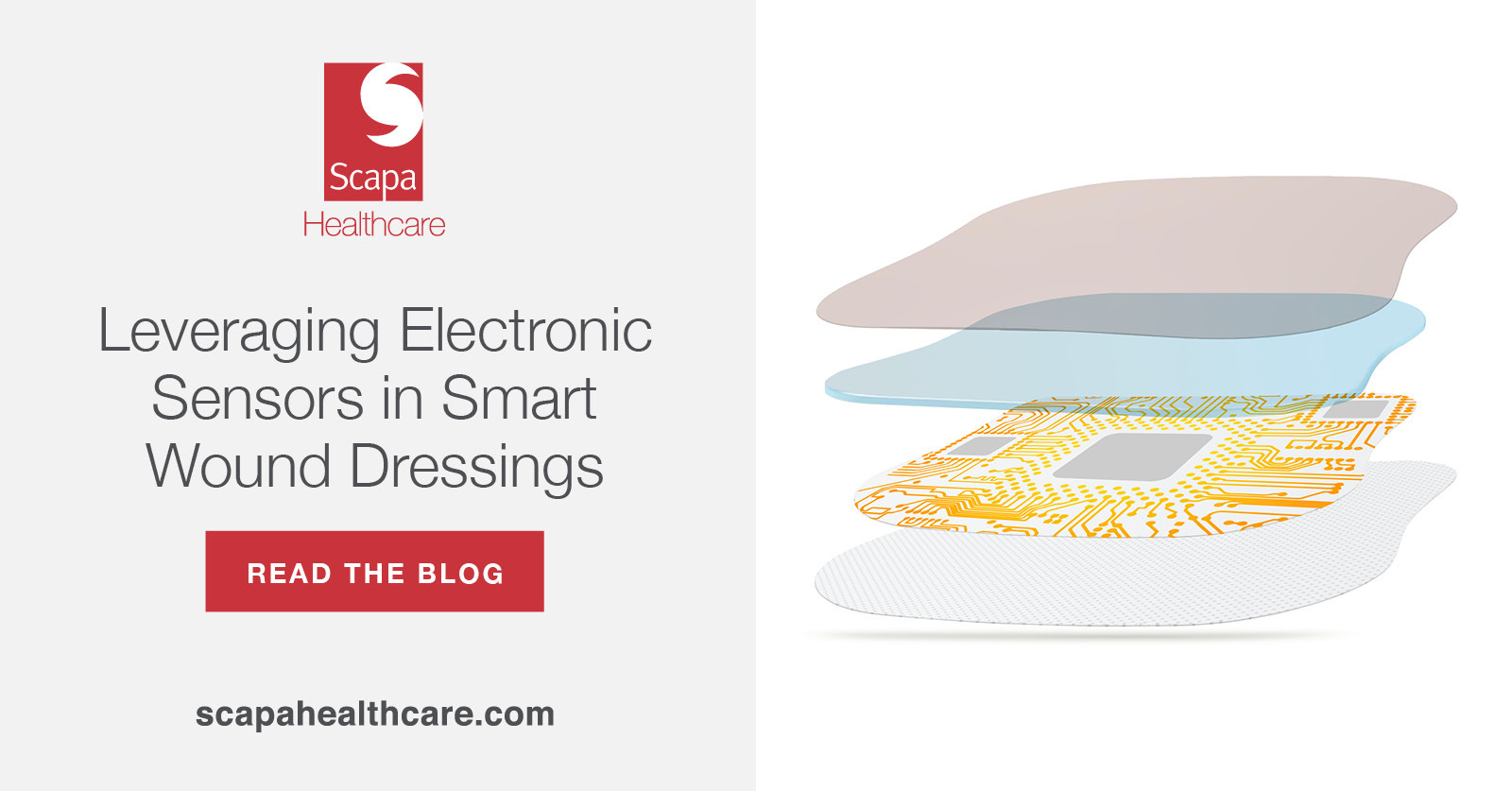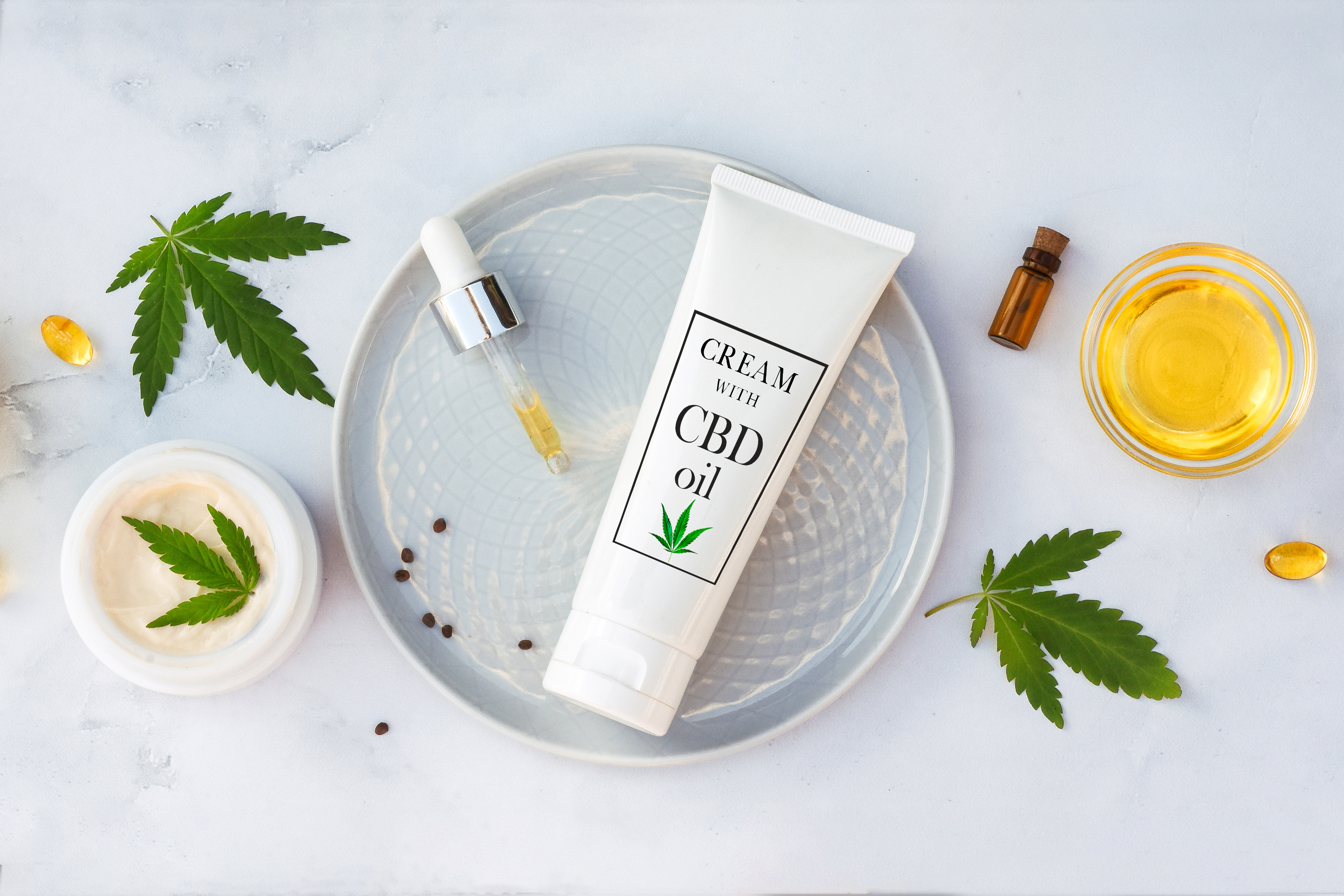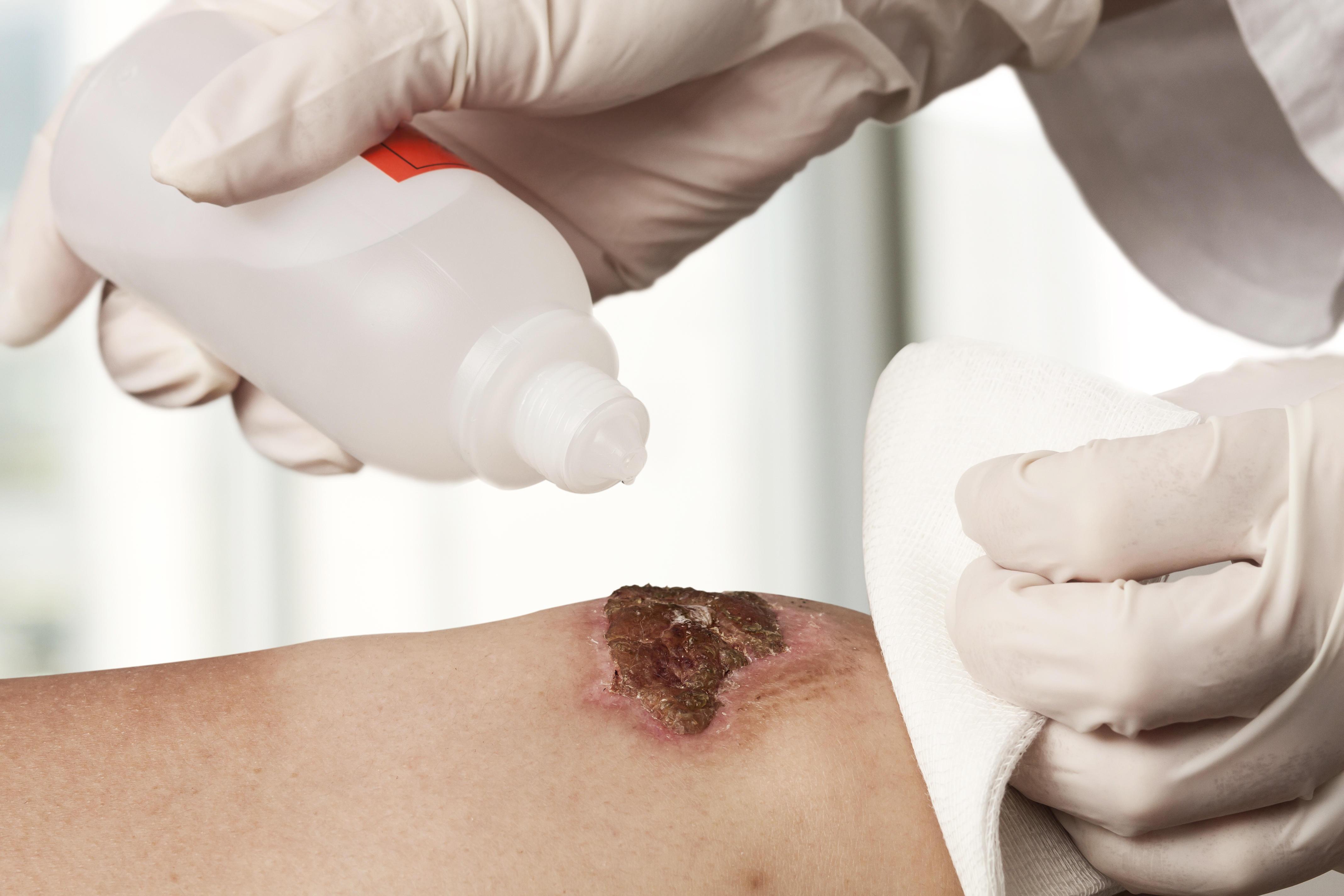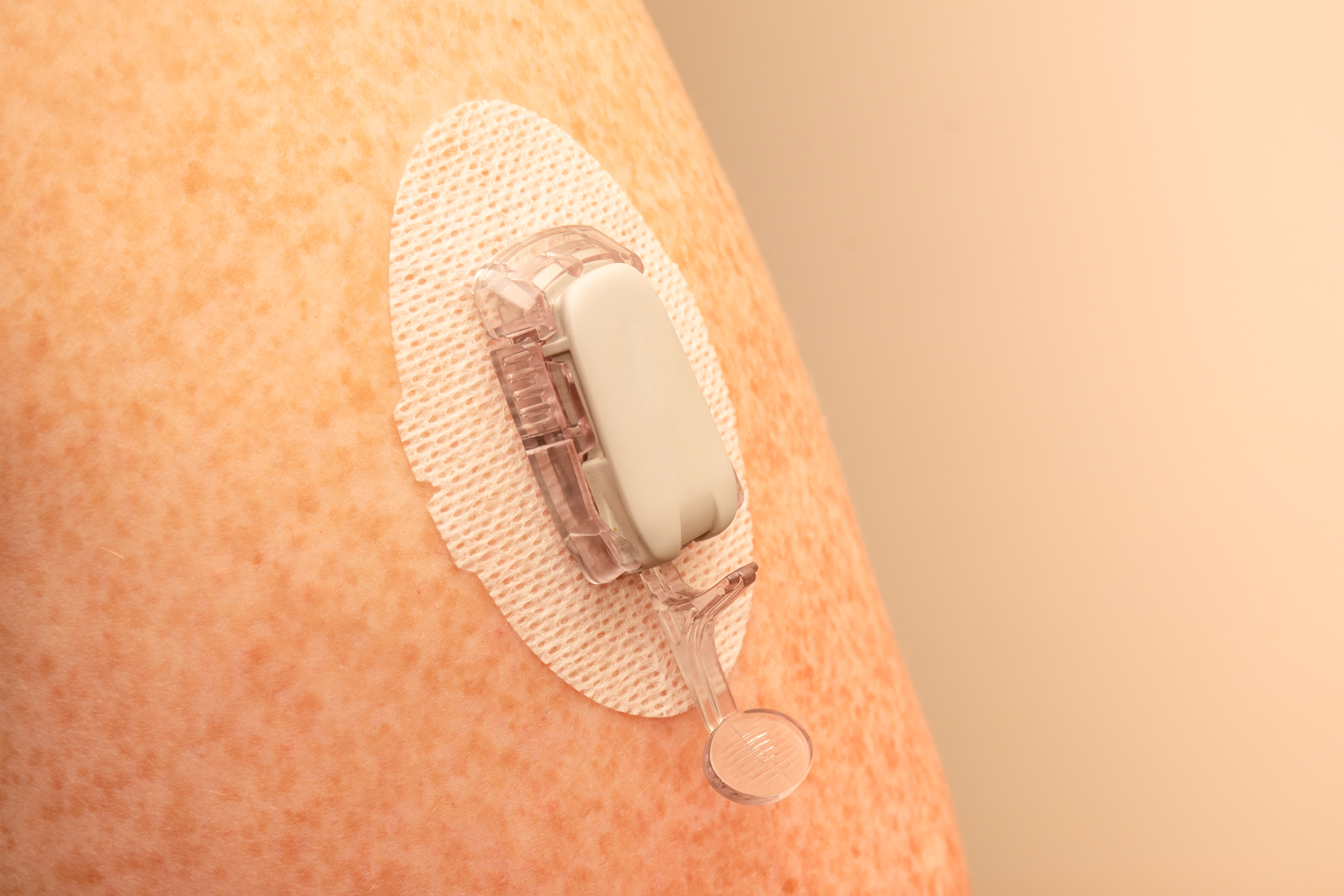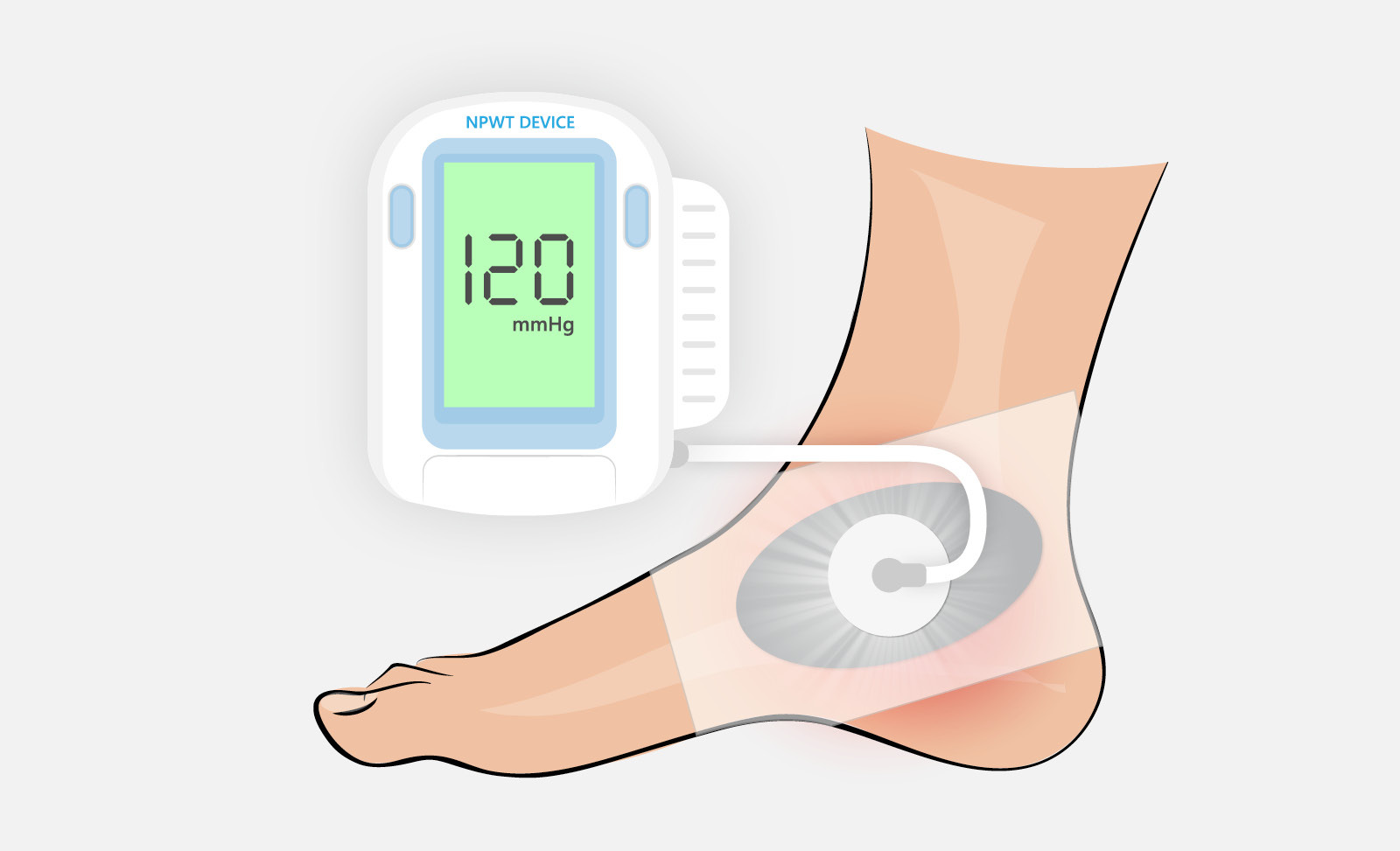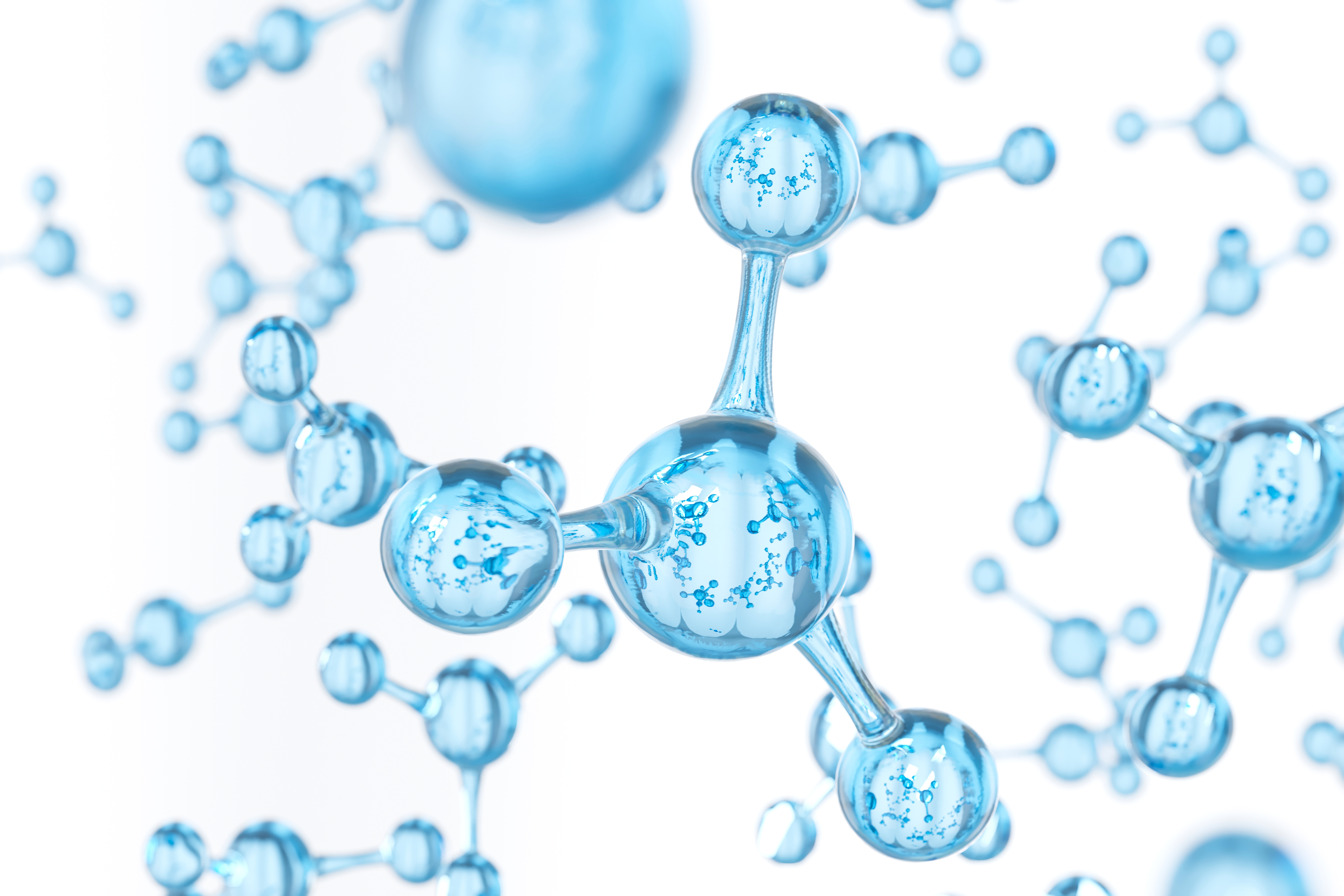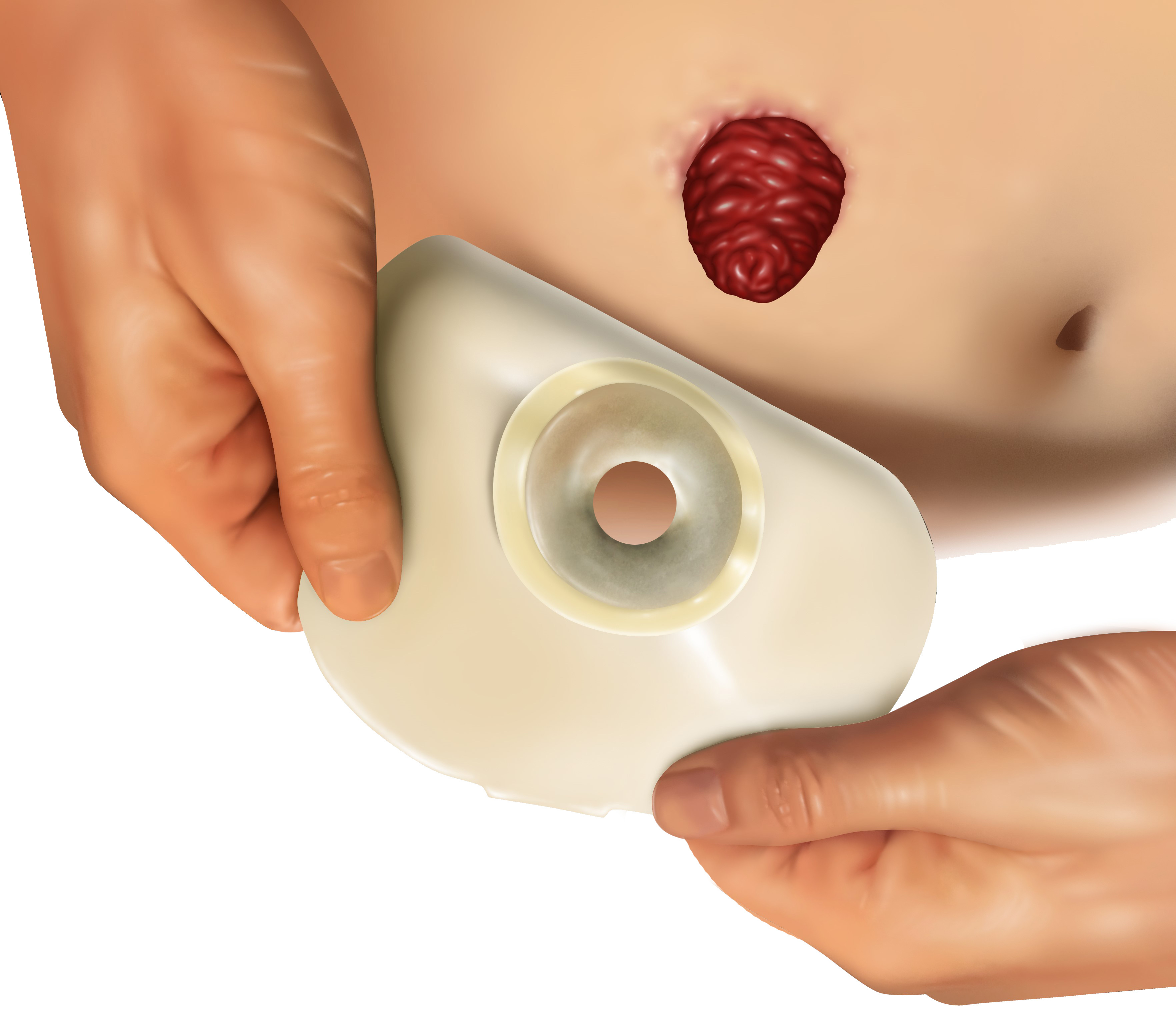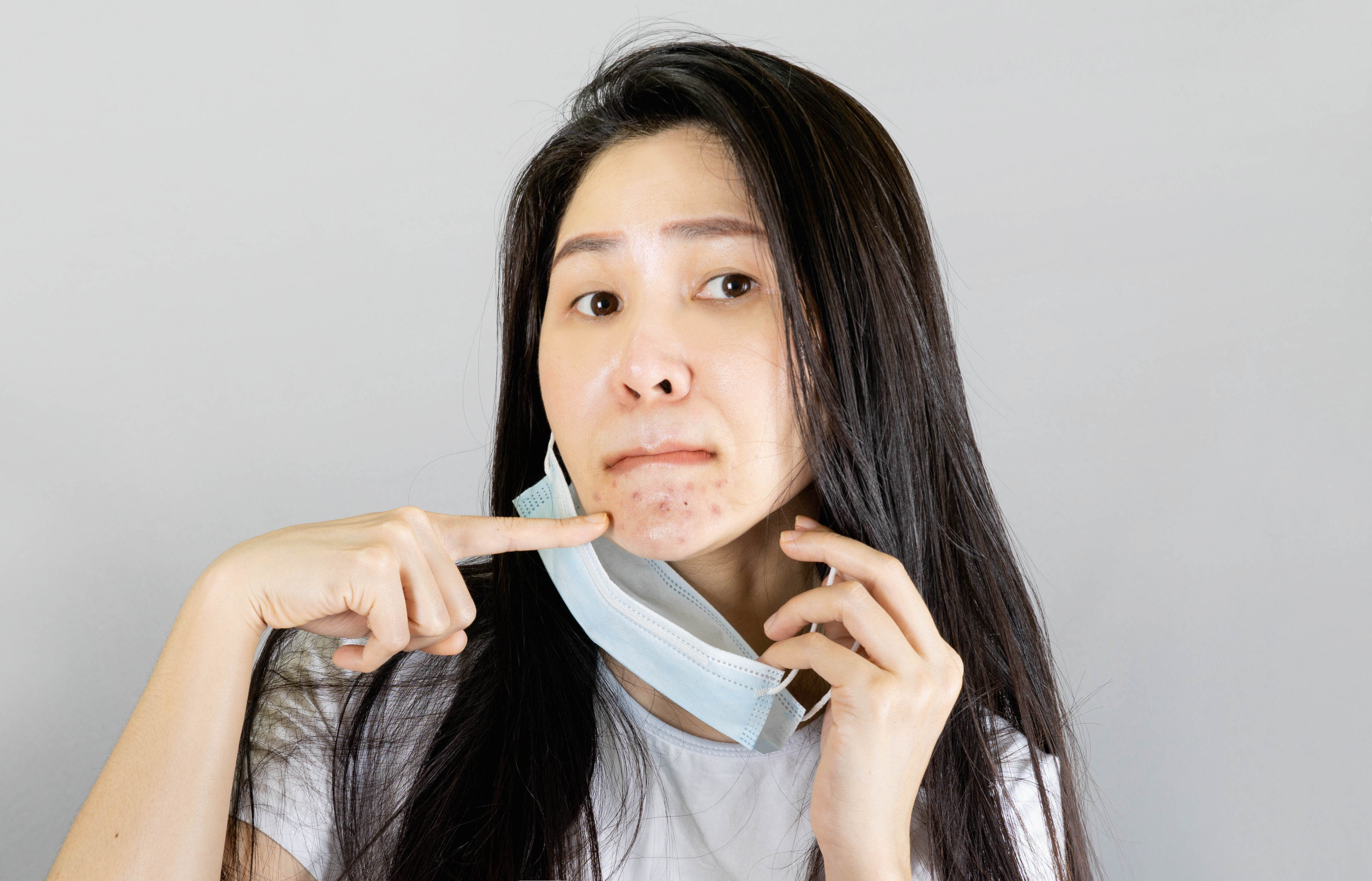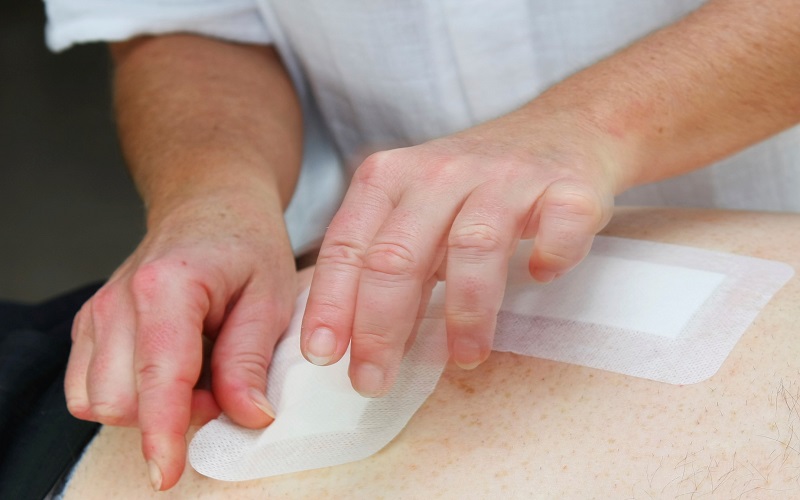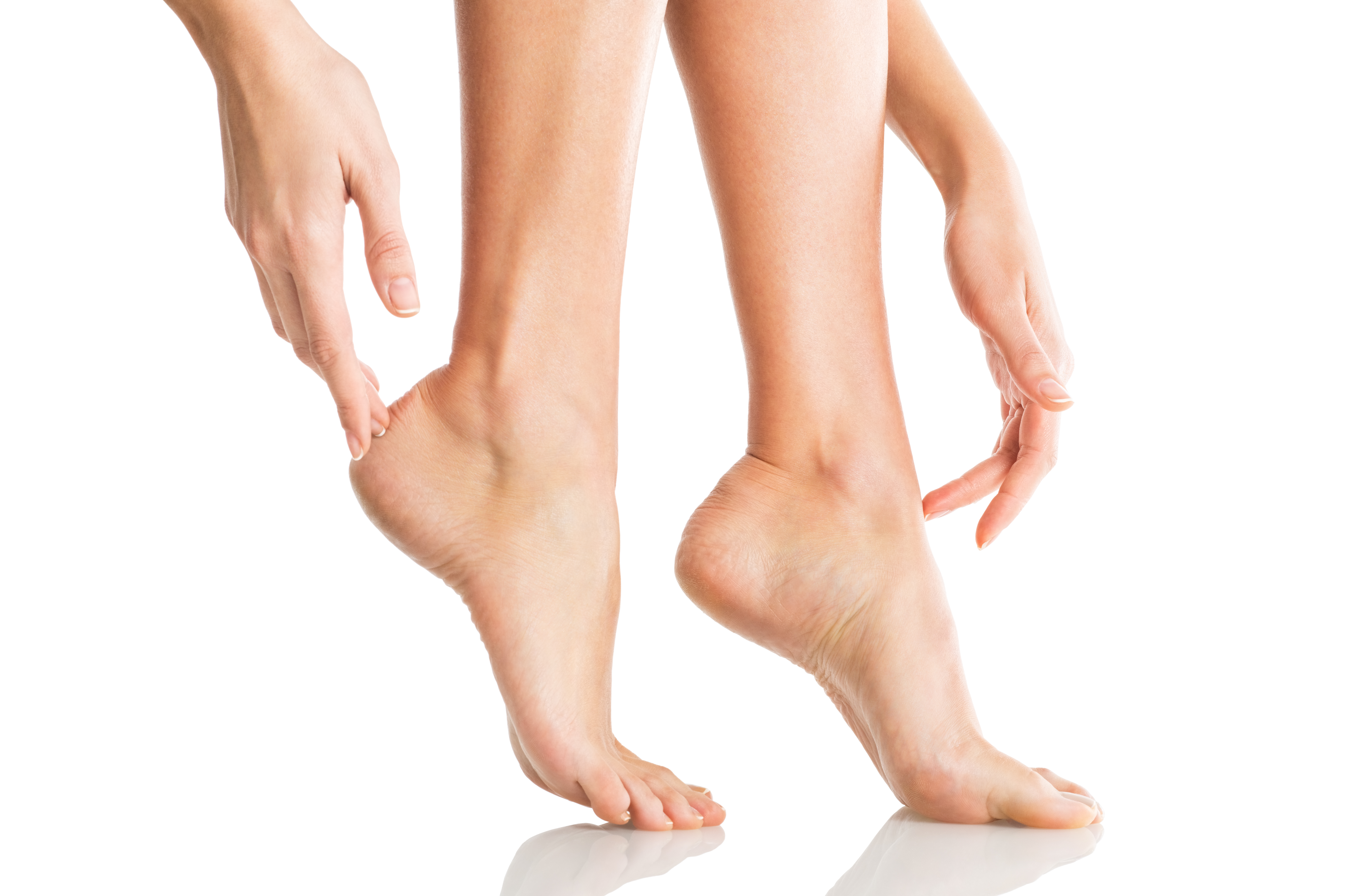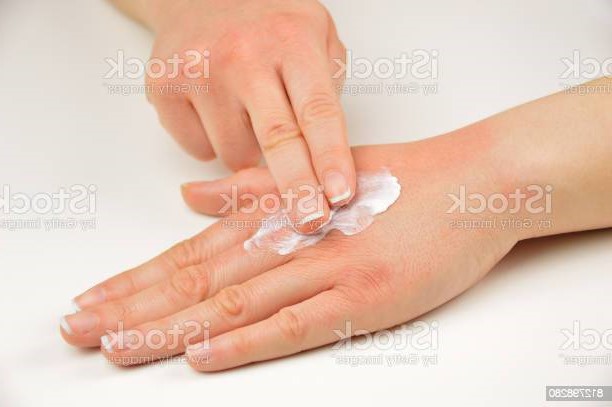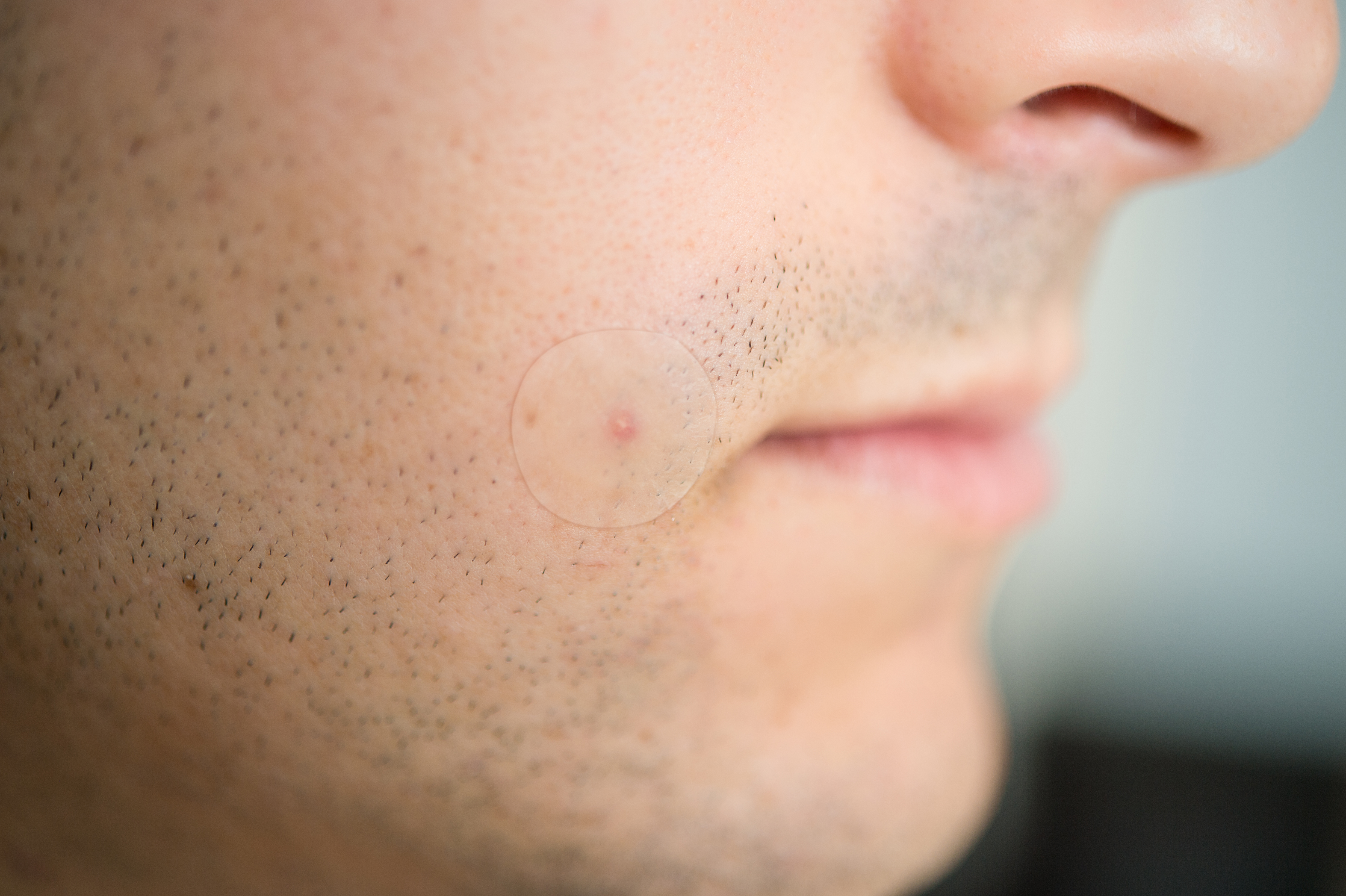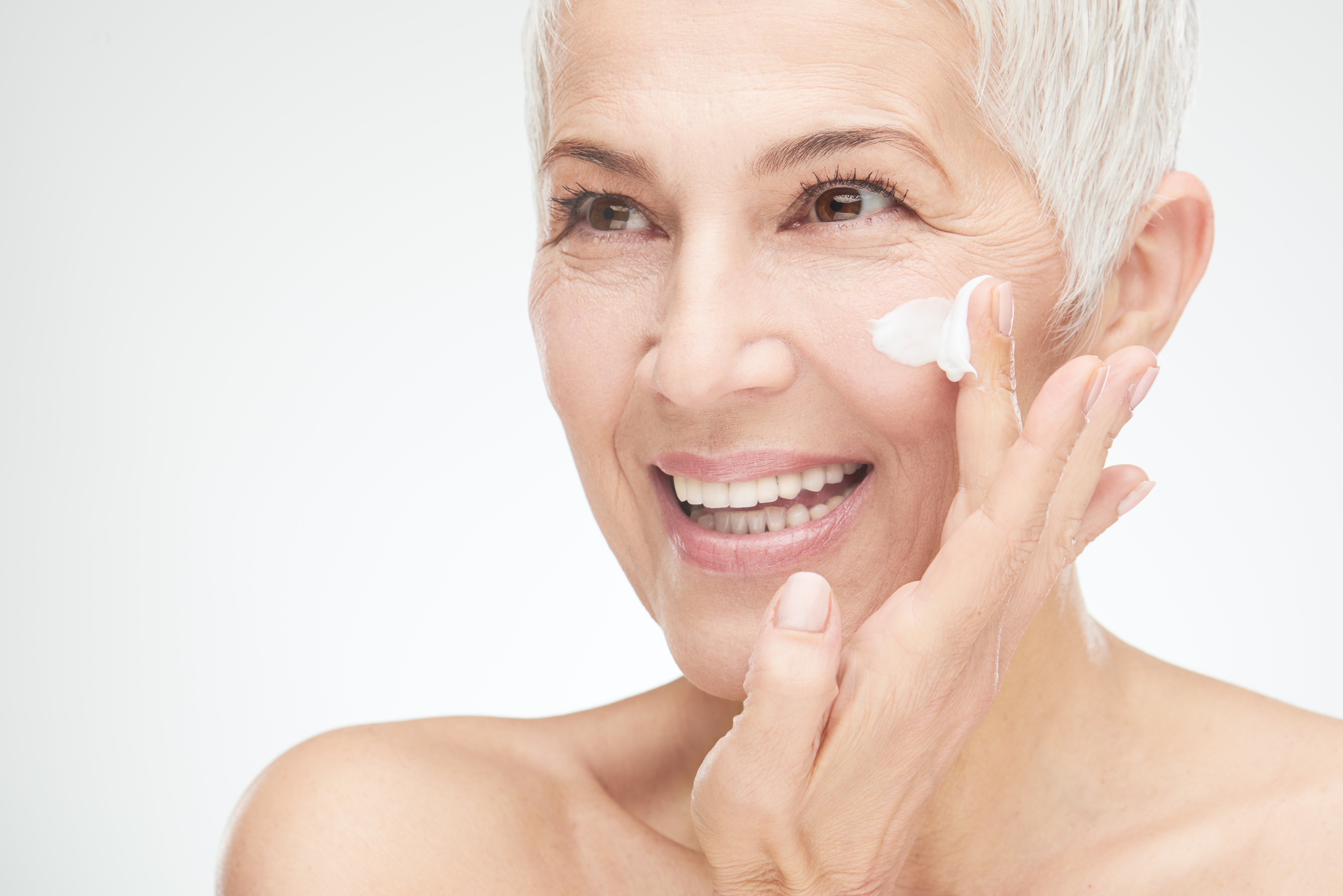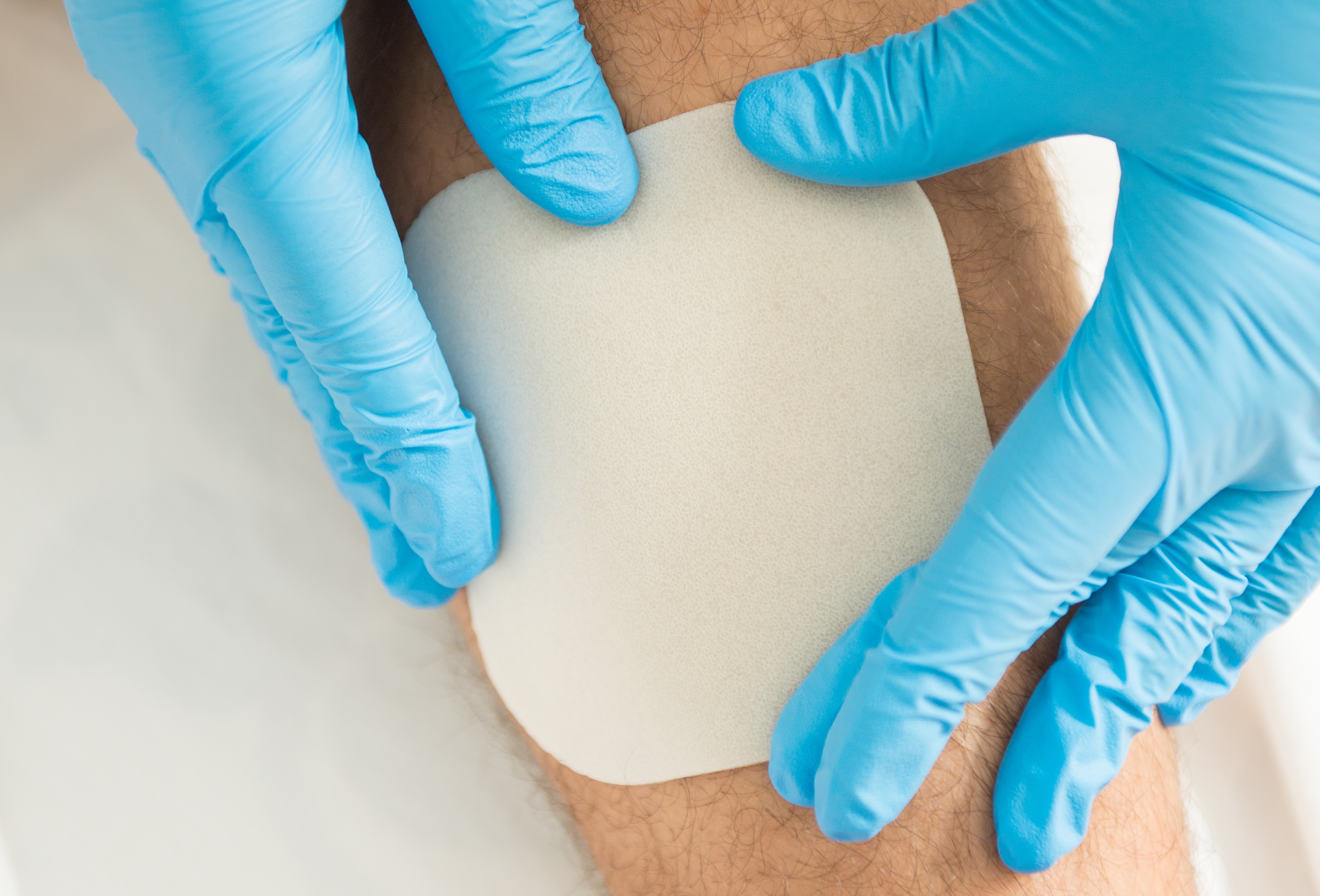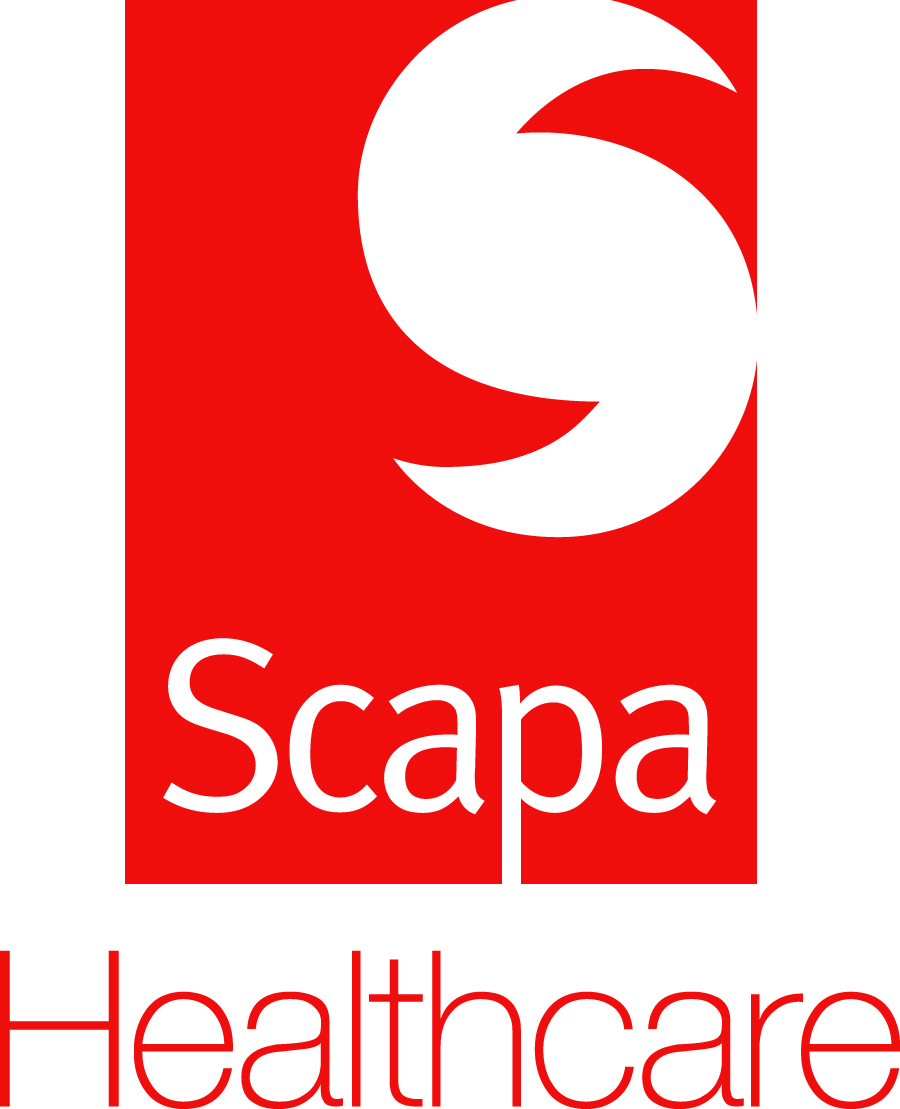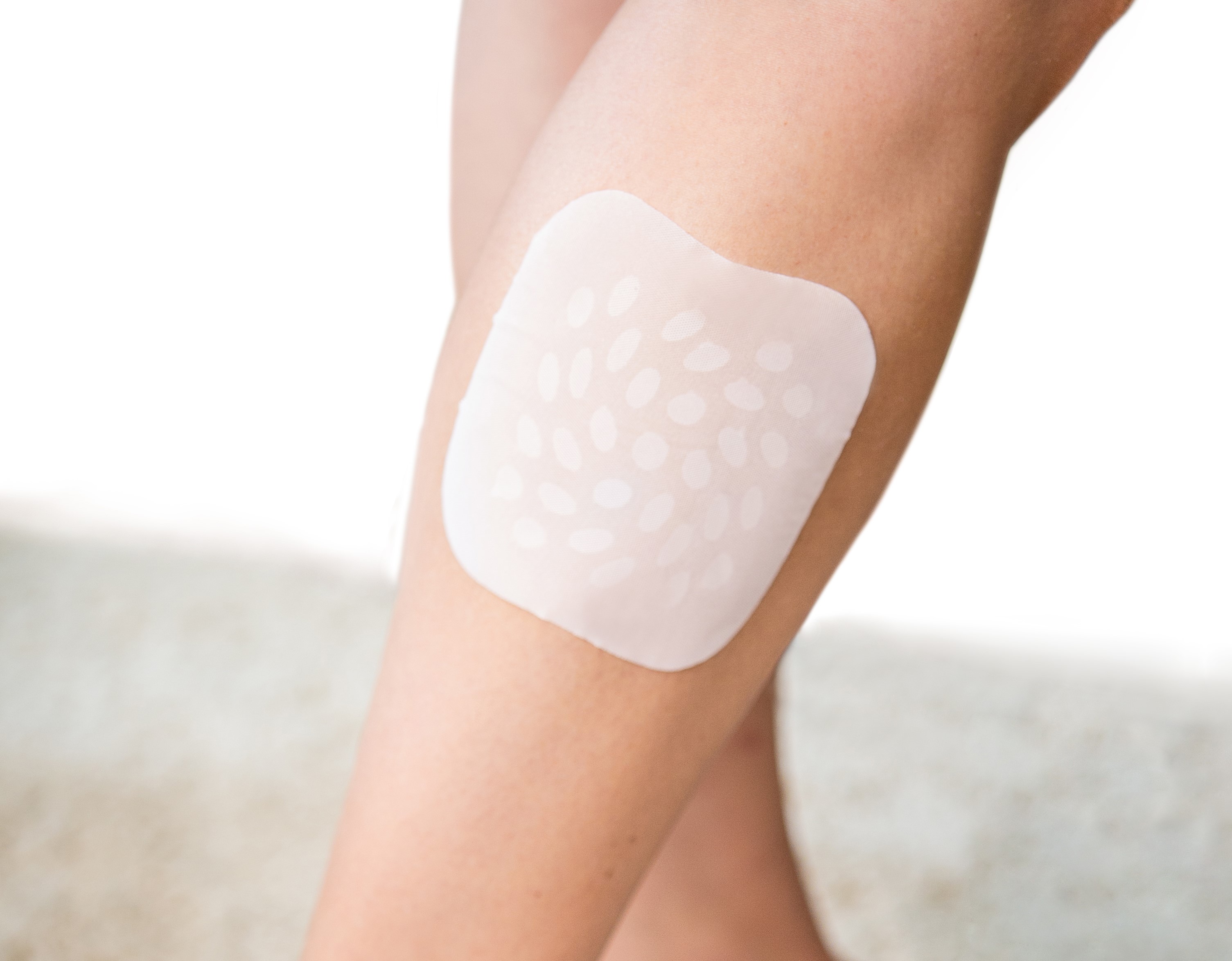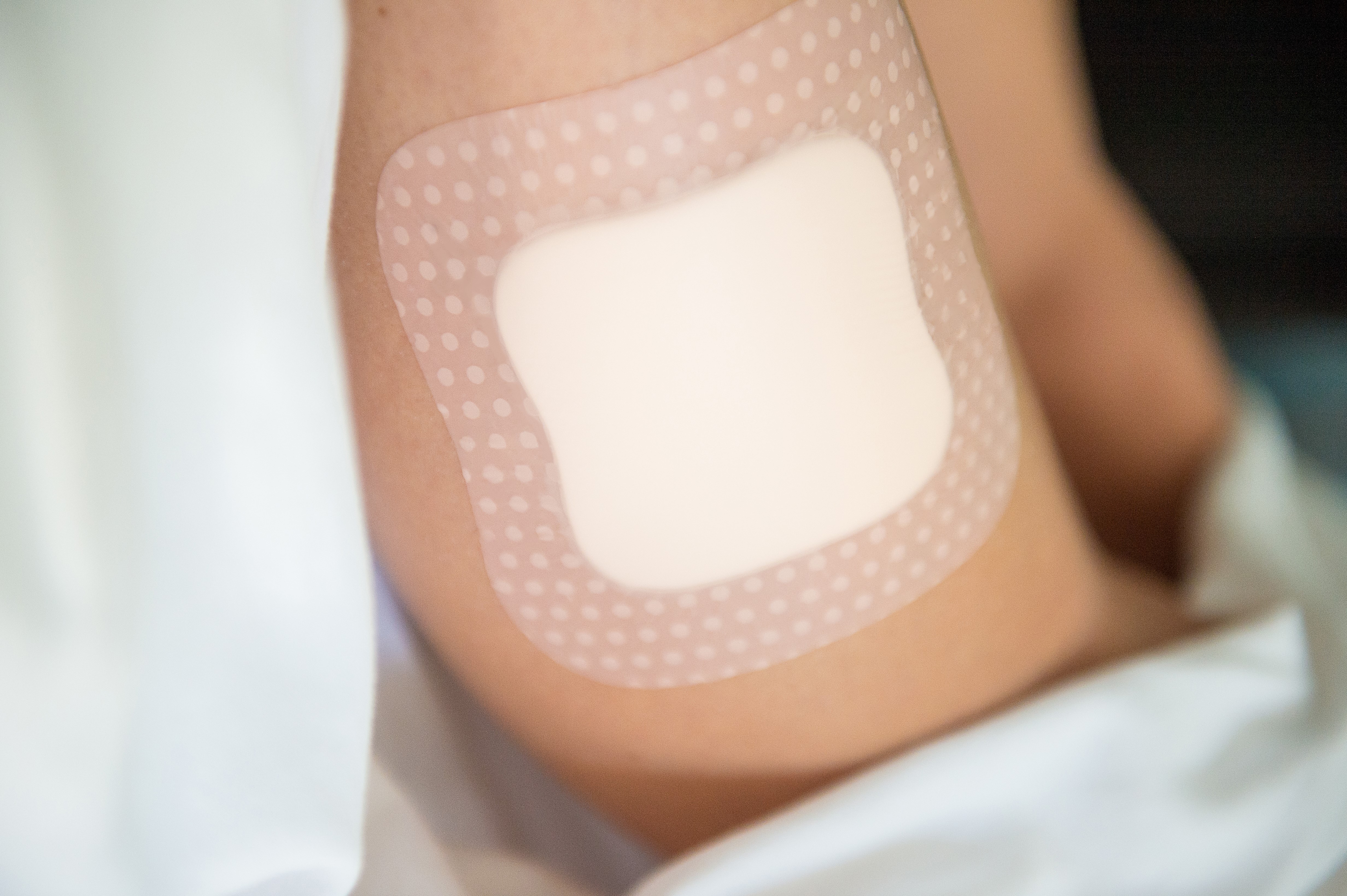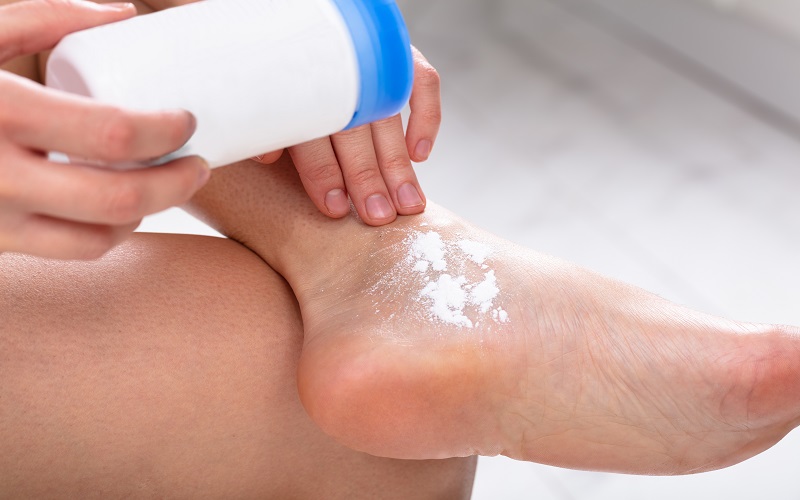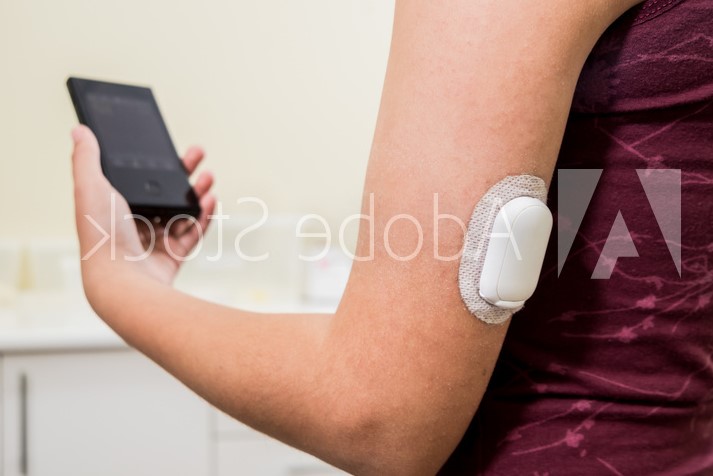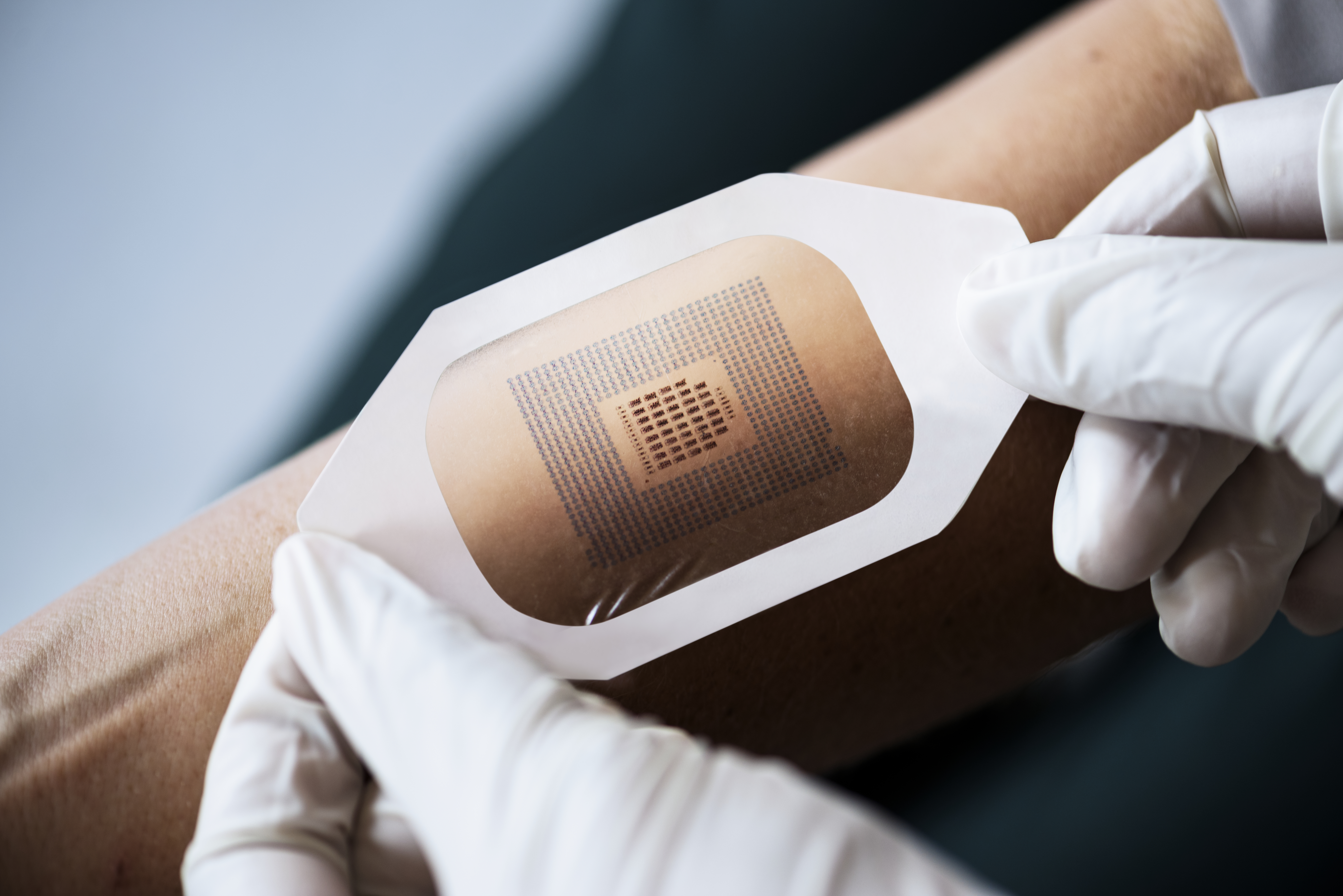People suffering from incontinence struggle with the constant threat and effects posed by skin damage and irritation. Not only must incontinent patients meet the immediate need to have leakproof protection from urine and solid waste, but they must also safeguard the skin from irritation and infection throughout their regular, daily routine.
People suffering from incontinence struggle with the constant threat and effects posed by skin damage and irritation. Not only must incontinent patients meet the immediate need to have leakproof protection from urine and solid waste, but they must also safeguard the skin from irritation and infection throughout their regular, daily routine. This protection, though, can pose the potential for further skin damage.[1]
A study of 63 nursing home patients found that all residents had varying degrees of incontinence-associated dermatitis (IAD), which results from physical and chemical irritation to the skin. Interestingly, the study measured how various skin care products and regimens can reduce and mitigate the impact of IAD. It concluded that a structured program, which includes a skincare regimen, could minimize the possibility of IAD and lessen the use of absorbent products.[2]
The key to successful IAD containment requires a structured skincare program that includes routine washing, followed by moisturization coupled with the use of a skin protectant that forms an all-important moisture barrier. This process aids in healing damaged and irritated skin, reduces existing skin damage, and acts as a preventative treatment method. Furthermore, more sophisticated topical treatments such as zinc oxide-based ointments and salves can foster the healing process in advanced cases of IAD.
Exhaustive studies in the nursing care environment have shown that adding this type of skincare protocol has not only sustained and enhanced skincare but has also diminished the time needed to deliver overall nursing care. In addition, instances of skin damage and more severe cases of IAD were significantly fewer.[3]
Scapa Healthcare works with customers to develop custom advanced incontinence care solutions, including moisturizing creams, barrier ointments, protectant creams and lotions, repair creams, antifungal powder, and antifungal creams. To learn more about Scapa Healthcare’s Skin Care Topical capabilities, contact us directly at [email protected].
View website



